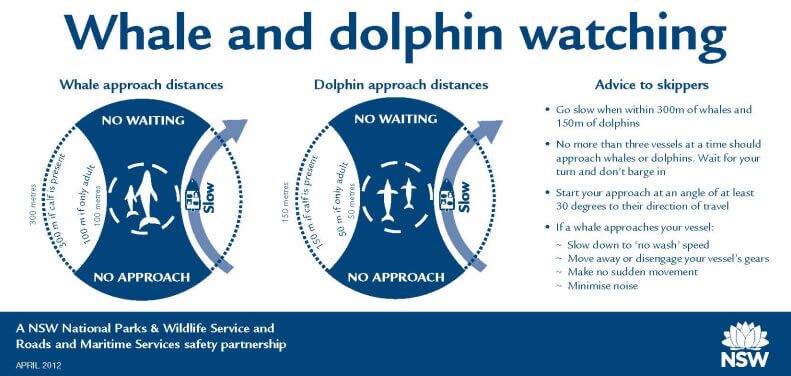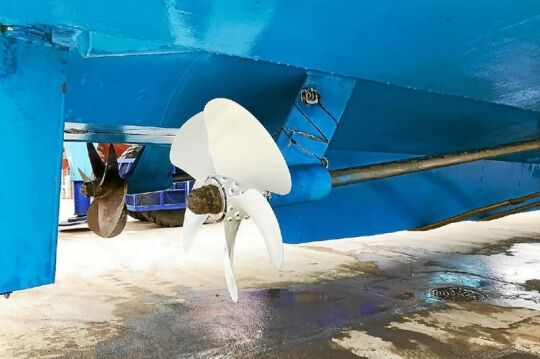Ethical Tourism with Sea Trips Reykjavik.
Ethical whale watching is important.
We want to teach you about our whales and dolphins but also protect them for future generations, and the well-being of the entire planet! Ethical whale watching and all areas of ethical tourism are very important to us.
By reading our website it is probably obvious that we love whales and do everything we can to protect them. Sadly we are in a country that still allows the hunting of whales, but we are fighting this and you will often see our crew at anti-whaling protests, and attending discussions given by Sea Shepherd and Greenpeace. Currently whale killing has resumed and we are working very closely with Sea Shepherd Iceland, doing our bit to fight against it.
Whilst viewing whales is obviously better for both the whales and for the economy, it is still important to be considerate and not change their behavior in any way, these whales are fighting climate change just by existing!
As the laws and guidelines in Iceland are somewhat lacking we abide by the regulations set out by the Department of Conservation in New Zealand and the Australian Government, as they have some of the strictest laws in the world. Essentially they are leading the game.
Unfortunately, unlike in New Zealand, Iceland does not have a government body making sure that the whale watching companies are living up to their word.
You may think that because we keep our distance we don’t get super close to the whales, but the opposite is true. Whales and dolphins are incredibly intelligent. They learn from their experiences and can recognise individual boats. Years of being calm and respectful around them mean that the creatures aren’t scared of us so that they will come up to the ship, rather than us approaching them.
This means they have chosen to hang out with us! Tourism involving animal encounters across the world varies greatly, but a good general rule to find out whether a company is genuinely ethical is:
Does the animal have a choice in whether you are close to it?
Can it leave at any time?
If the answer is no then don’t give your money to a company advertising it.
As well as that, local companies also follow the guidelines from New South Wales. You can read their full article here.

Ethical and responsible cetacean watching.
We salute IFAW in regards to promoting whalemeat-free restaurants. Sadly, it is almost entirely tourists that eat our marine friends and supporting whale-free restaurants, and telling the whale-serving restaurants why you chose not to eat in them is really important.
We encourage you to go to their website and sign the petition to end whaling in Iceland permanently. It takes less than a minute, and we will appreciate it so much. We see these whales day after day, year after year, and we recognise individuals, so our hearts stop when we see one cruelly killed just to satisfy the curiosity of tourists.
As well as this, we have propeller guards on our yacht the Amelia Rose. This is really important as marine mammals are often struck by the spinning propellers, especially from speedboats – they often change direction too quickly, and the whales cannot avoid them.

Amelia Rose: Ethical Tourism means protecting our wildlife with guards on our propellers.

Another company’s propellers; guardless they can be lethal to wildlife
Even with the most careful captains at the wheel, some cetaceans, especially slow-moving whales, can be accidentally hit by unguarded propellers. The worst offenders are speedboats as they change direction so quicky that the whales cannot predict them to avoid them.
We also use Amelia Rose and Axel Rose in preference to other vessels as they are very streamlined, which means less fuel and oil is used, and therefore more environmentally friendly.
If we have fewer than 12 customers, we may sail in the Axel Rose instead of the Amelia Rose, as it is better for the environment, while still a beautiful yacht.
The Department of Conservation in New Zealand has produced some very helpful guidelines – simple, yet thorough and well thought out. Please click here if you want to read them.
They have made some brilliant, simple pamphlets for you to read too if you are a boater or live near the water. Read their full protection Act here.
If you are from the USA or want to see what their laws are like here is the link to the Marine Mammals Protection Act that Governs the United States of America.
You may think it is strange for us to spend so much time checking up on what other countries are doing but we have good reason to.
Firstly you, our lovely customers come from all over the world. We want you to learn from us, and take this information home with you, so we want these to be the best guidelines.
Maybe one day you will be out on a private boat and find a pod of dolphins with calves. Your behaviour around them could be the difference between those calves surviving or not. For tips on how to spot whales and dolphins have a look here.
Secondly, many of these marine mammals migrate vast distances. The humpbacks that you might see in the Gulf of Mexico for example aren’t just the same species, they are the same whales! They migrate there to breed, so as a global community we need to all be on the same page.

